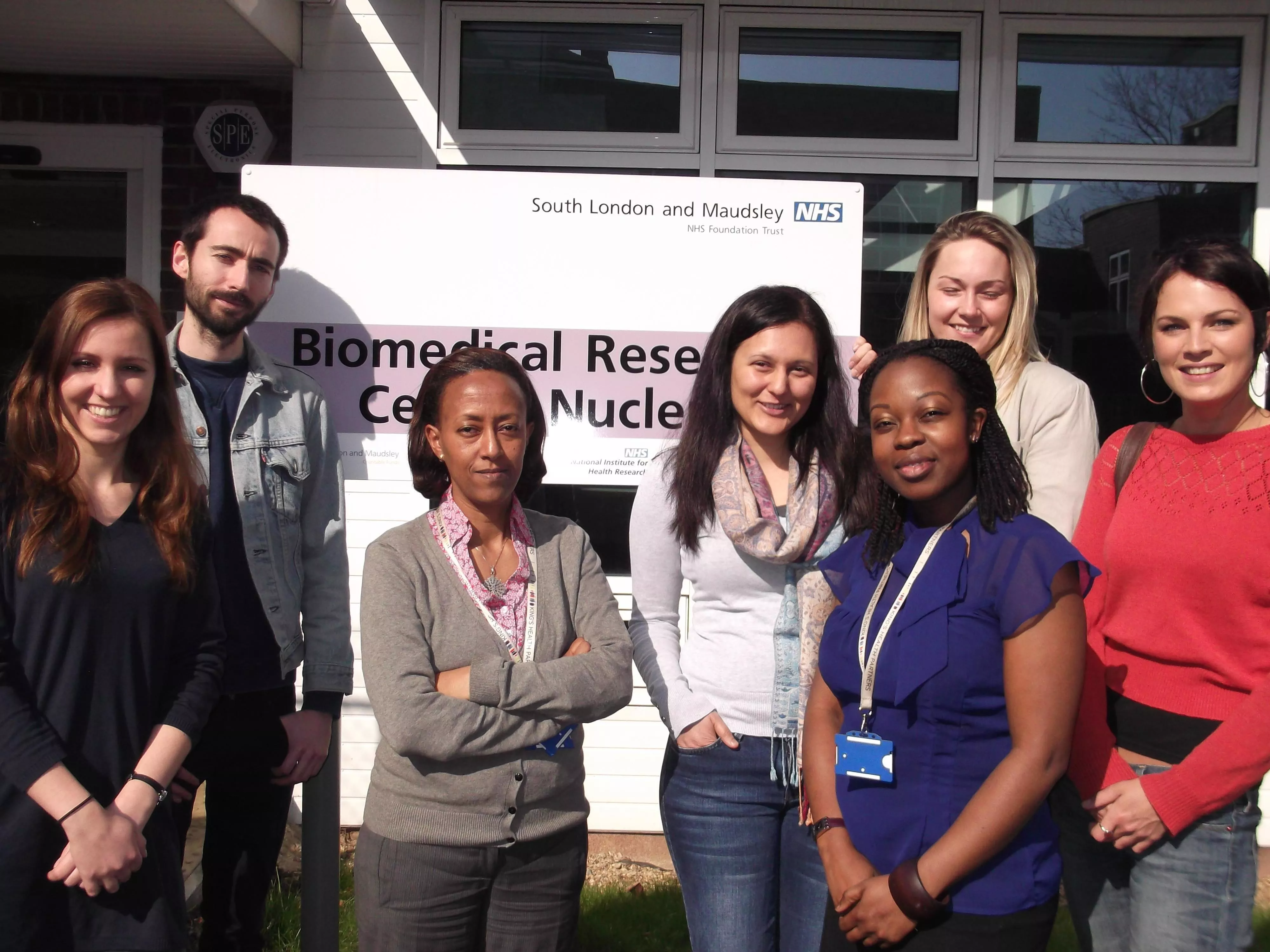South East London Community Health Study (SELCoH)
The South East London Community Health (SELCoH) study was an epidemiological cohort study based in Lambeth and Southwark that was funded by the National Institute for Health Research (NIHR) Biomedical Research Centre at South London and Maudsley NHS Foundation Trust (SLaM) and the Institute of Psychiatry, Psychology & Neuroscience (IoPPN), King’s College London; The Guy's and St Thomas' Charity and the Economic and Social Research Council.
The SELCoH study was designed to collect accurate and up-to-date information about both the physical and mental health of people living within the local communities of Southwark and Lambeth.
The population of Southwark and Lambeth is highly diverse in terms of ethnicity and wealth, with areas of deprivation and areas of affluence sometimes very close. This ensures that the study gives us a better understanding of the social experiences and health needs of the community and enables service providers to plan and improve services more effectively.
Phase I of the study was completed in 2010 with 1,698 adults aged 16 and over from 1,075 randomly selected households in Southwark and Lambeth. Phase II of the SELCoH study targeted 1596 (94%) of participants from Phase I who agreed to be re-contacted. This phase was completed in 2013 and comprised 73% (1052) of those participants who were eligible to be interviewed.
Phase II was focused on understanding health inequalities and closely linked to the Health Inequalities Research Network (HERON), which aims to provide a forum in which health practitioners, researchers and community members can share their experiences and information to further understand the problems affecting health. Phase II aimed to examine the contribution of discrimination and to inequalities in social functioning, common mental disorders, physical functioning, and health service use.
Phase III was completed in 2015 with 500 participants who agreed to be re-contacted at Phase I and to attend an interview at the NIHR/Wellcome Trust King’s Clinical Research Facility at King’s College Hospital. It provided a further biomedical follow up of the sample. This allows us to understand how stress and low mood are related to biological responses such as inflammation, HPA reactivity and cardiovascular outcomes, for which high quality population data are sparse.
SELCoH Data are available to KCL staff and students who may wish to use it for analysis and publications. If you would like to find out more about the data and how to obtain permission to use the dataset, please contact the administrator at selcoh@kcl.ac.uk.
Read our SELCoH newsletters:

